COS News
News
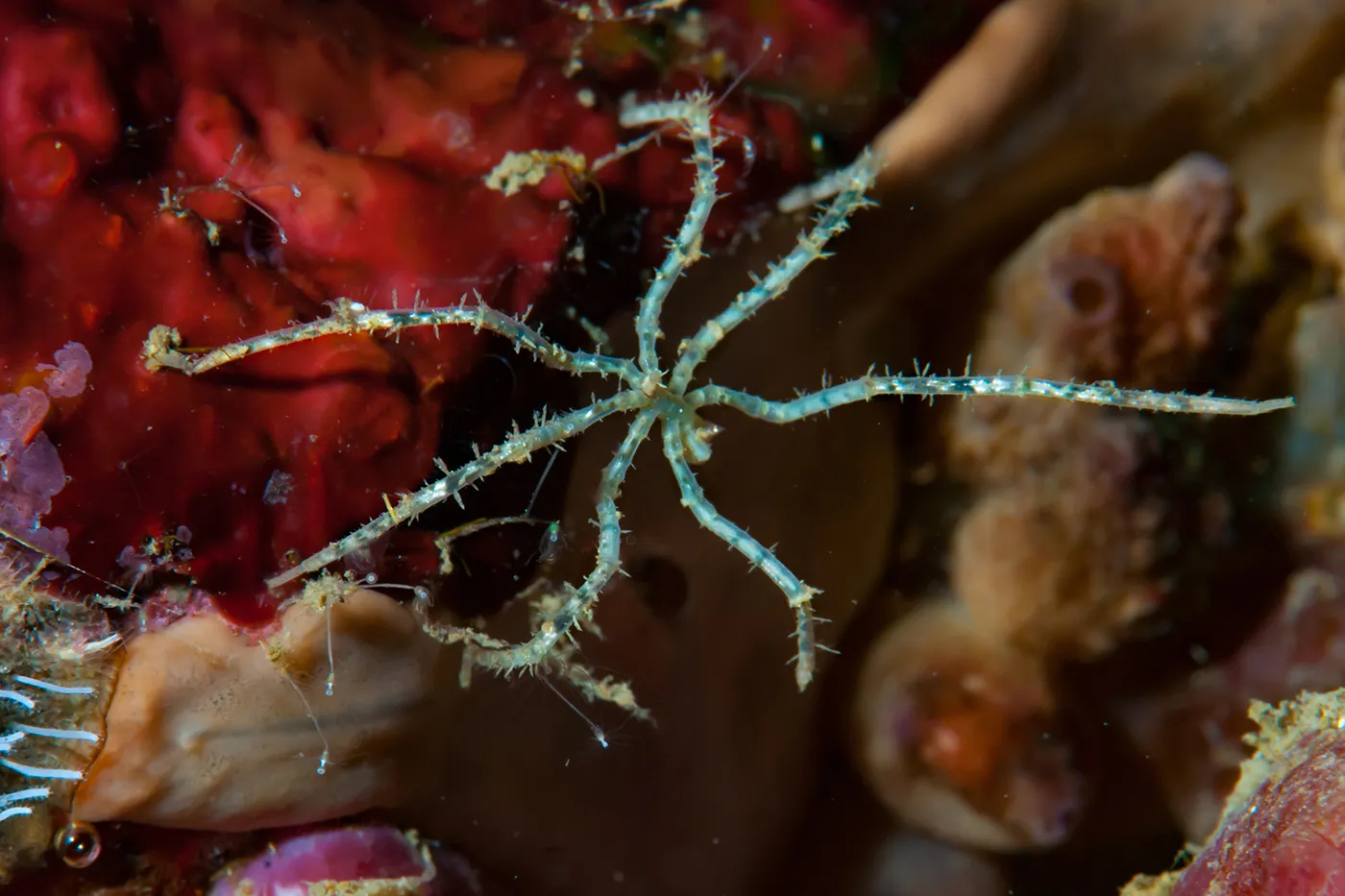
Connie Phong wants to know how an animal adapted to live in a highly specialized environment — just below the freezing point for seawater — responds to warming oceans.
How Northeastern scientists are using Antarctic sea spiders to study life on the edge
News

Fleury Augustin Nsole Biteghe has identified a way to target two of the deadliest cancer types with chemotherapy drugs but without the harms associated with chemotherapy.
Northeastern researcher uses light to target and kill cancer cells
Showing 192 results in Marine and Environmental Sciences

The clock is ticking. Can ‘scientific diplomacy’ save the world’s hottest sea?
Already the world’s hottest coastal environment in the summer, the shallow sea between the Arabian peninsula and southwestern Iran continues to heat at a breathtaking pace.

Can reefs be designed for immunity? Genetic research is identifying disease-resistant super corals in the Caribbean
Witnessing disease outbreaks that have nearly annihilated staghorn coral colonies in the Caribbean, Northeastern scientist Steven Vollmer wondered what lessons a few lone survivors might offer for the future of coral reefs.
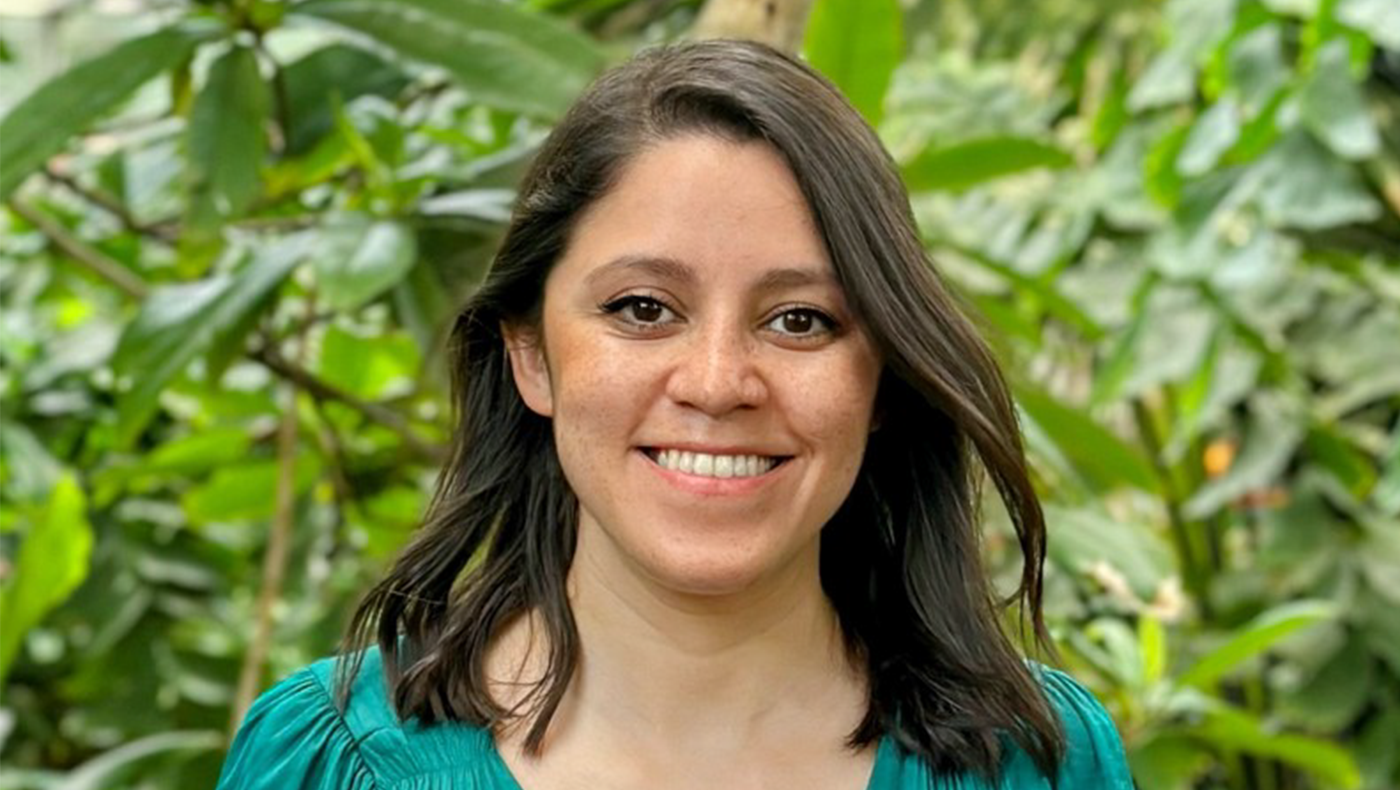
Q&A with Alicia Bustamante, MS Environmental Science and Policy
Alicia Bustamante shares her experience as a graduate student pursuing a master's degree in Environmental Science and Policy.
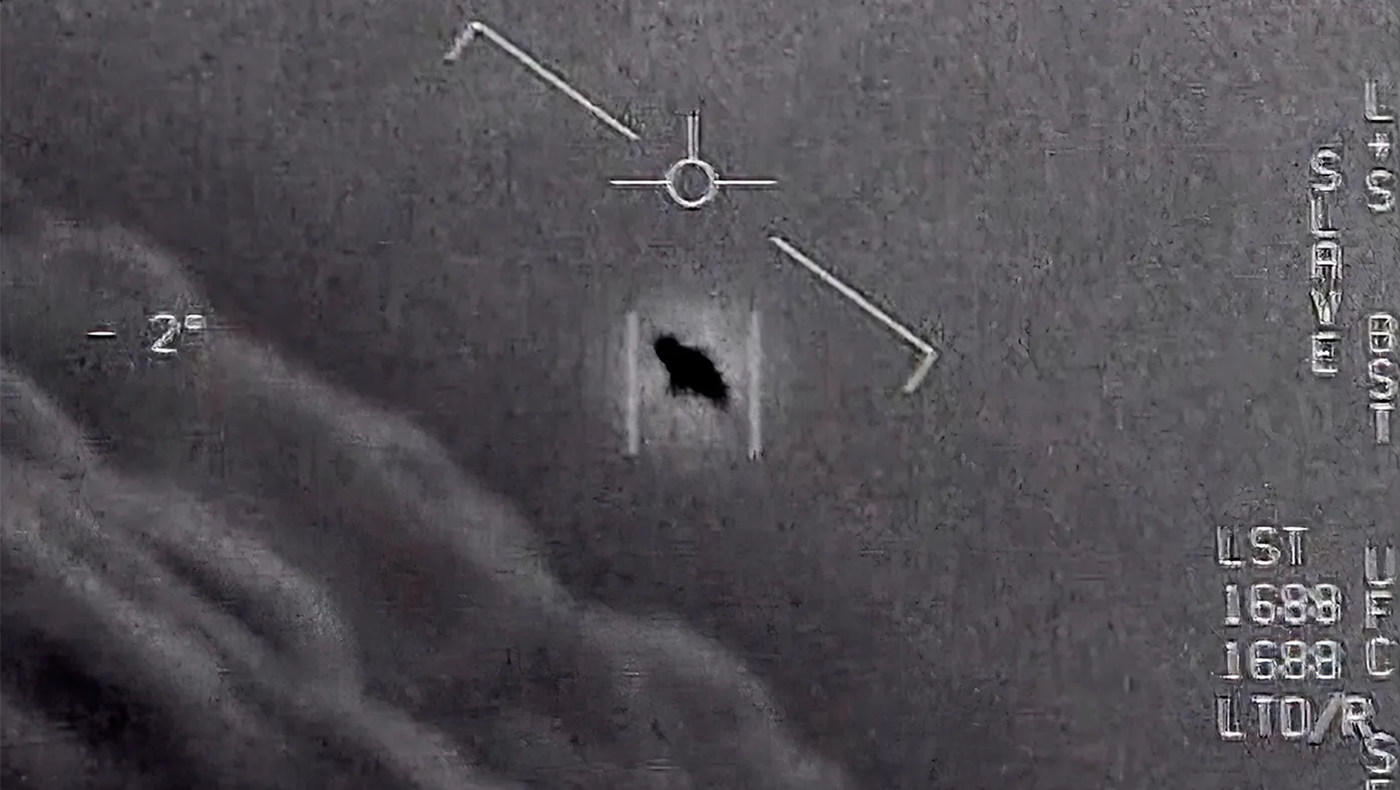
Why ‘UFOs’ should be tracked in the water as well as the skies
A much anticipated NASA report on UFOs calls for better tracking and scientific understanding of unexplained phenomena that captivate the public and have raised concerns about military security.
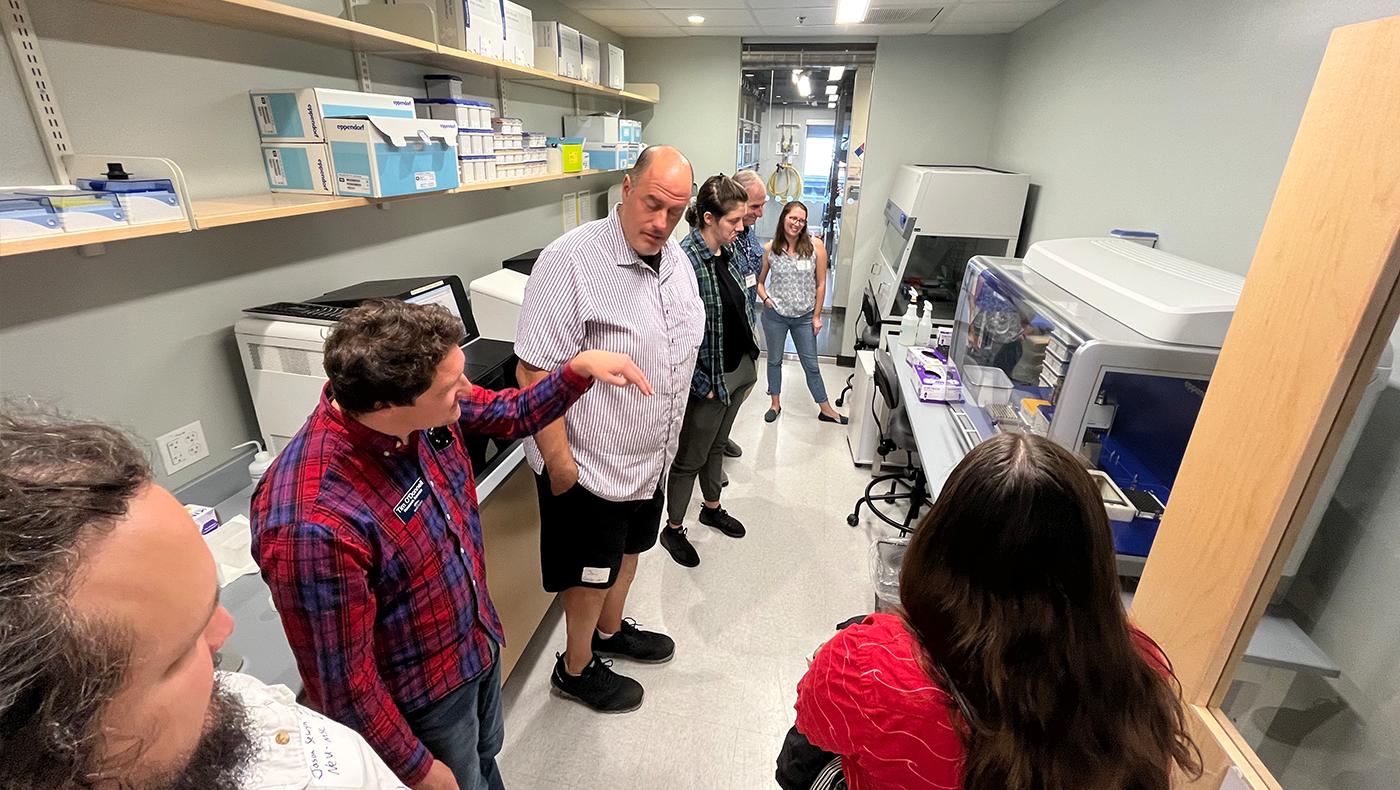
Genomics Partnership Gains Traction at CSI-GMGI Summit
Faculty, staff scientists, and students from Northeastern’s Coastal Sustainability Institute recently gathered on the Gloucester waterfront to network and share their science with the team at the Gloucester Marine Genomics Institute as part of an ongoing collaboration between the two institutions.

‘I was just sitting under a doorway tearing up.’ Northeastern students completing co-ops in Morocco recount earthquake experiences
Chloe Cordeiro was sitting in her apartment in Gueliz, a neighborhood in the Moroccan city of Marrakesh, chatting with two of her friends on FaceTime when she began to feel the ground beneath her shake.
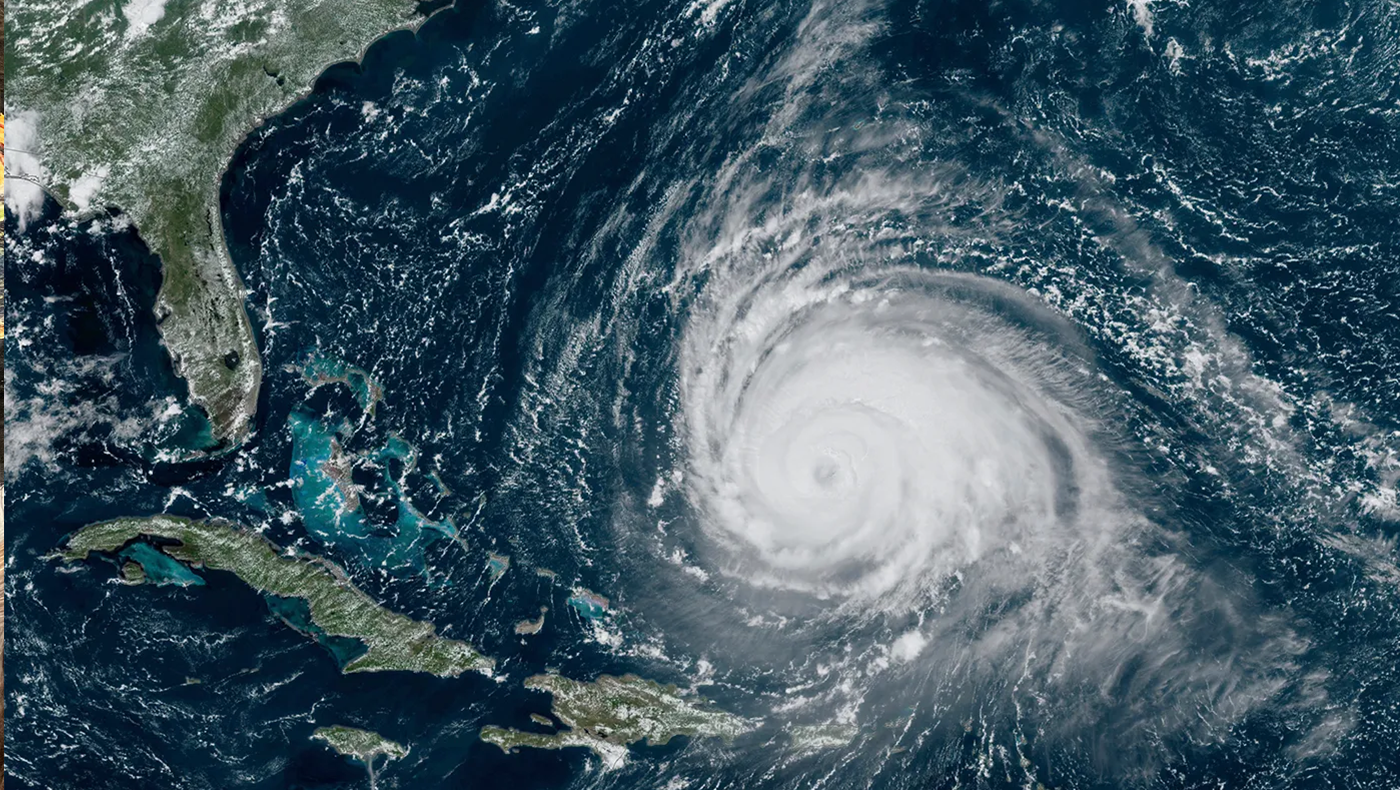
As Hurricane Lee approaches, ocean sensors deployed by Northeastern researchers will study wave and storm surge
A hurricane is coming. Northeastern researchers with the Department of Civil and Environmental Engineering are preparing for the storm.
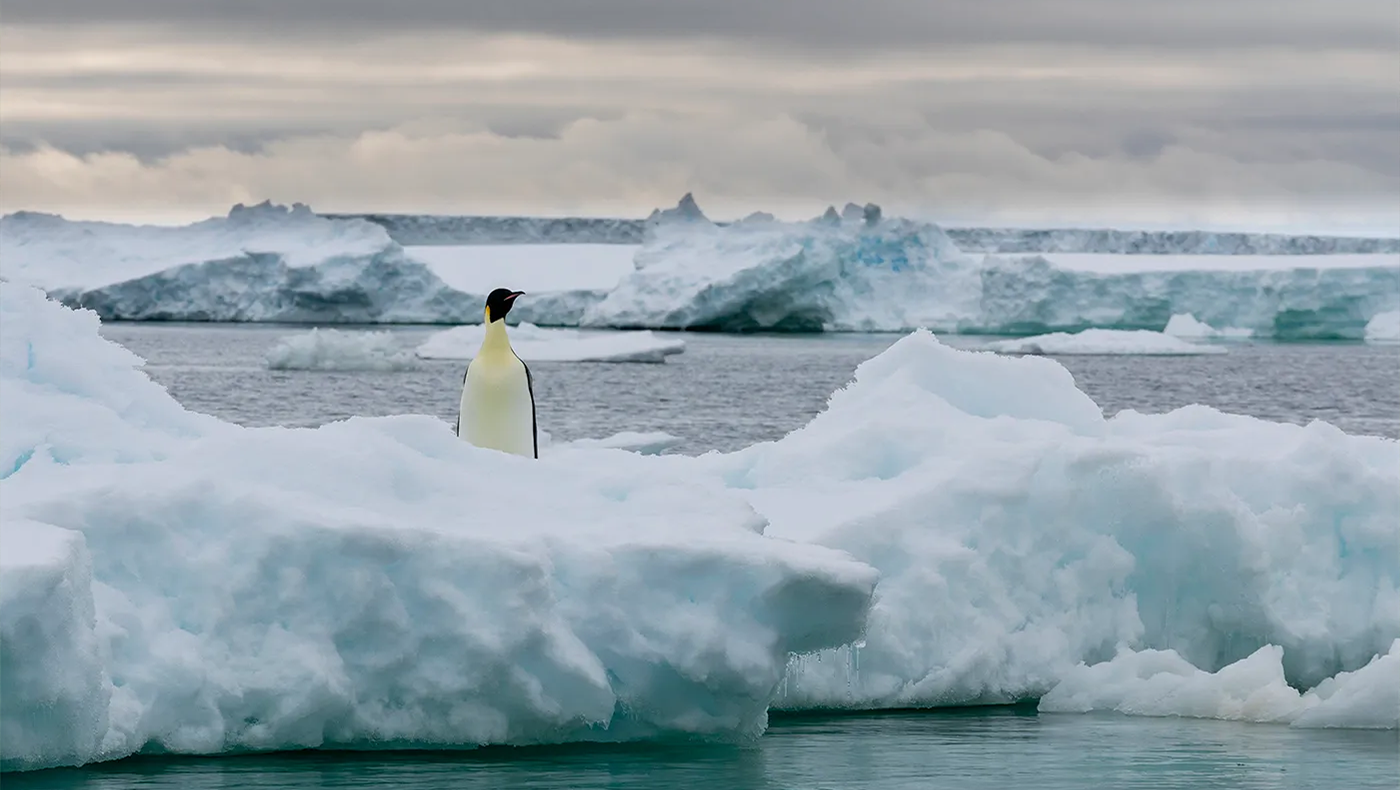
Emperor penguins are Antarctica’s most iconic bird. Are they on the verge of extinction?
Think of Antarctica and you probably conjure images of the emperor penguin.
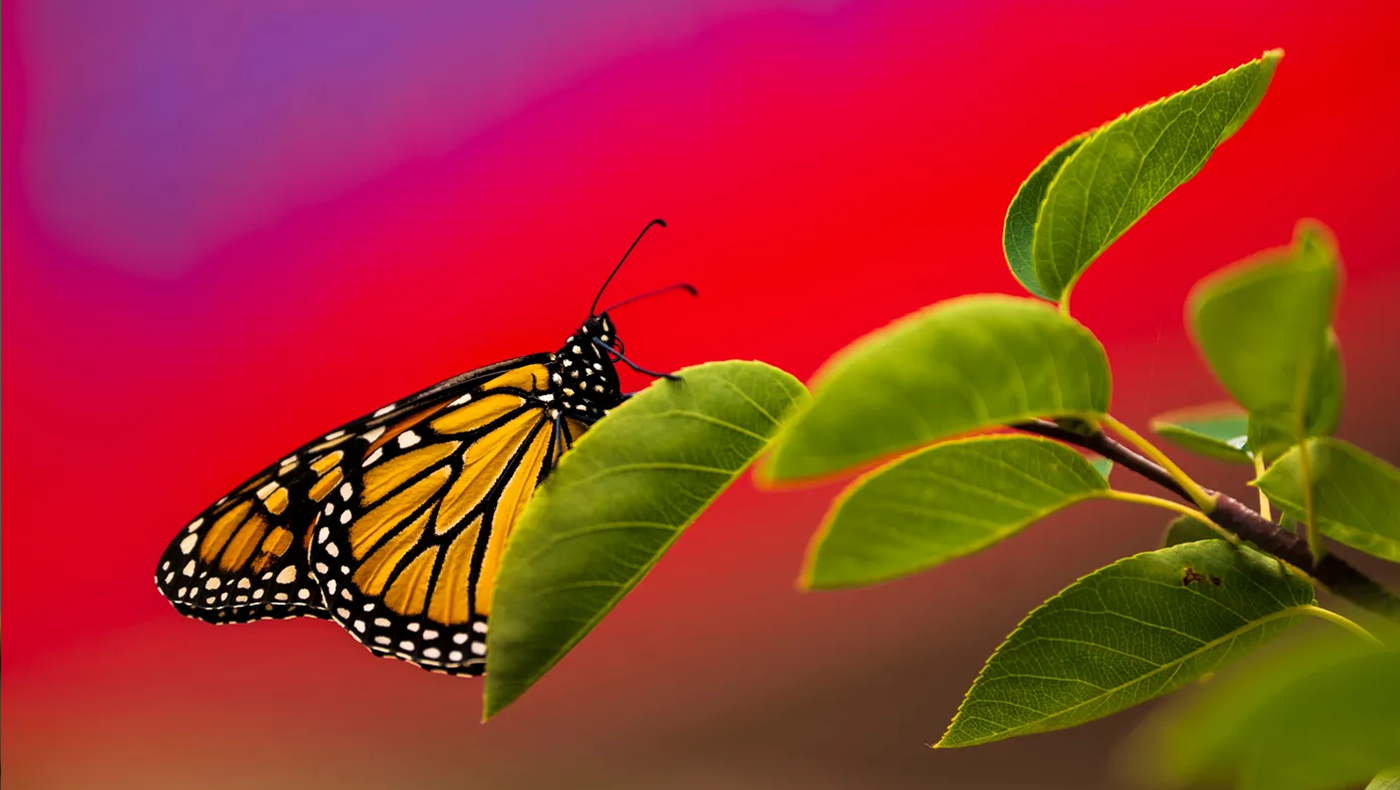
Monarch butterfly nowhere to be found in some state wildlife action plans, new research shows
The monarch butterfly is one of the most widely recognized and admired creatures native to North America.

Evan Prasky Debunks the Jaws-ome Myths: Separating Fact from Fiction on Shark Week
Evan Prasky is a marine and environmental sciences graduate student at Northeastern University. He studies the socio-ecological interactions between sharks in humans. His expertise is in shark depredation and how it affects the shark populations in the Gulf of Mexico. For shark week, we asked Evan to shed some light on some common beliefs about […]
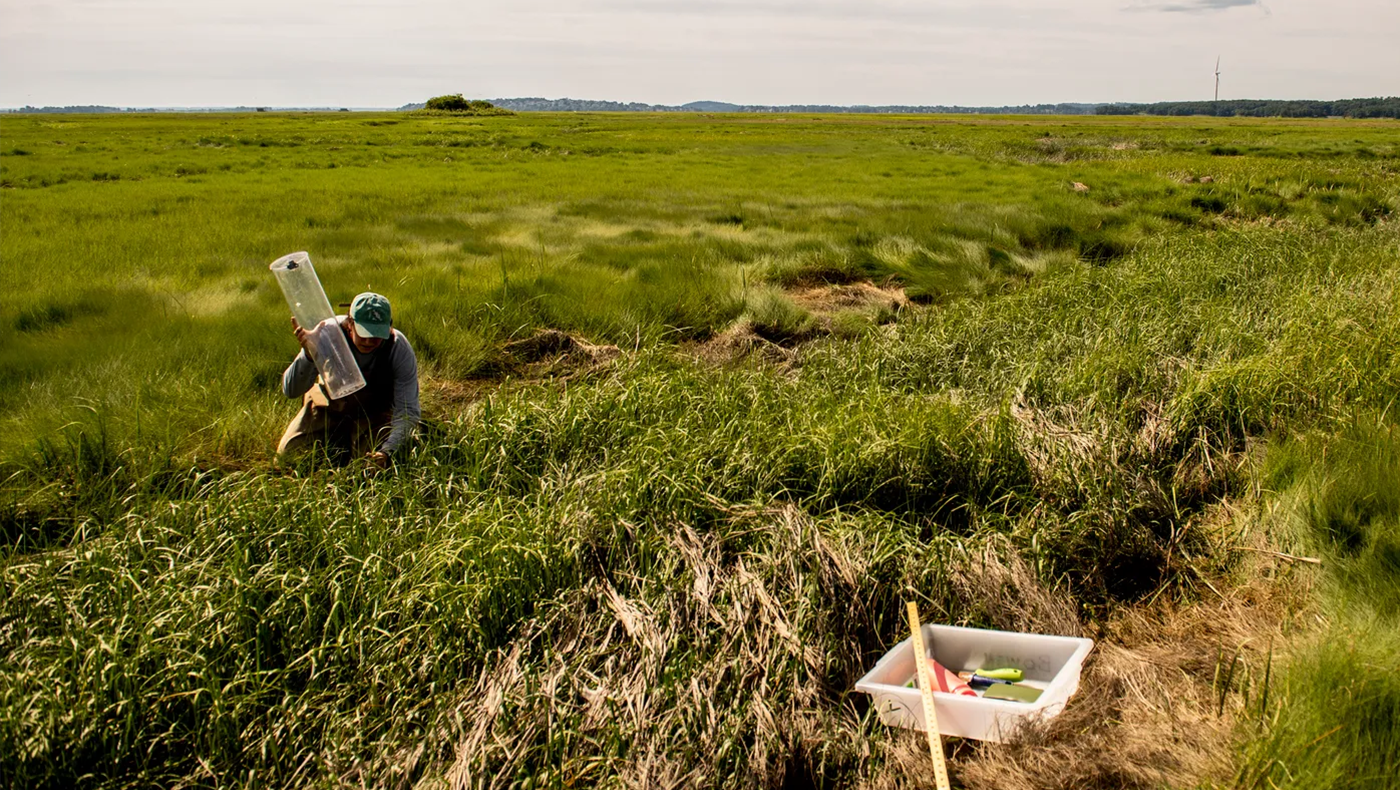
Human exceptionalism hinders environmental action, Northeastern scientists find
What is nature?
When Northeastern University researchers asked a sample of undergraduate students this question last spring, many of their responses included “the outdoors,” “flora and fauna that exist without human interference” or “natural environment.”
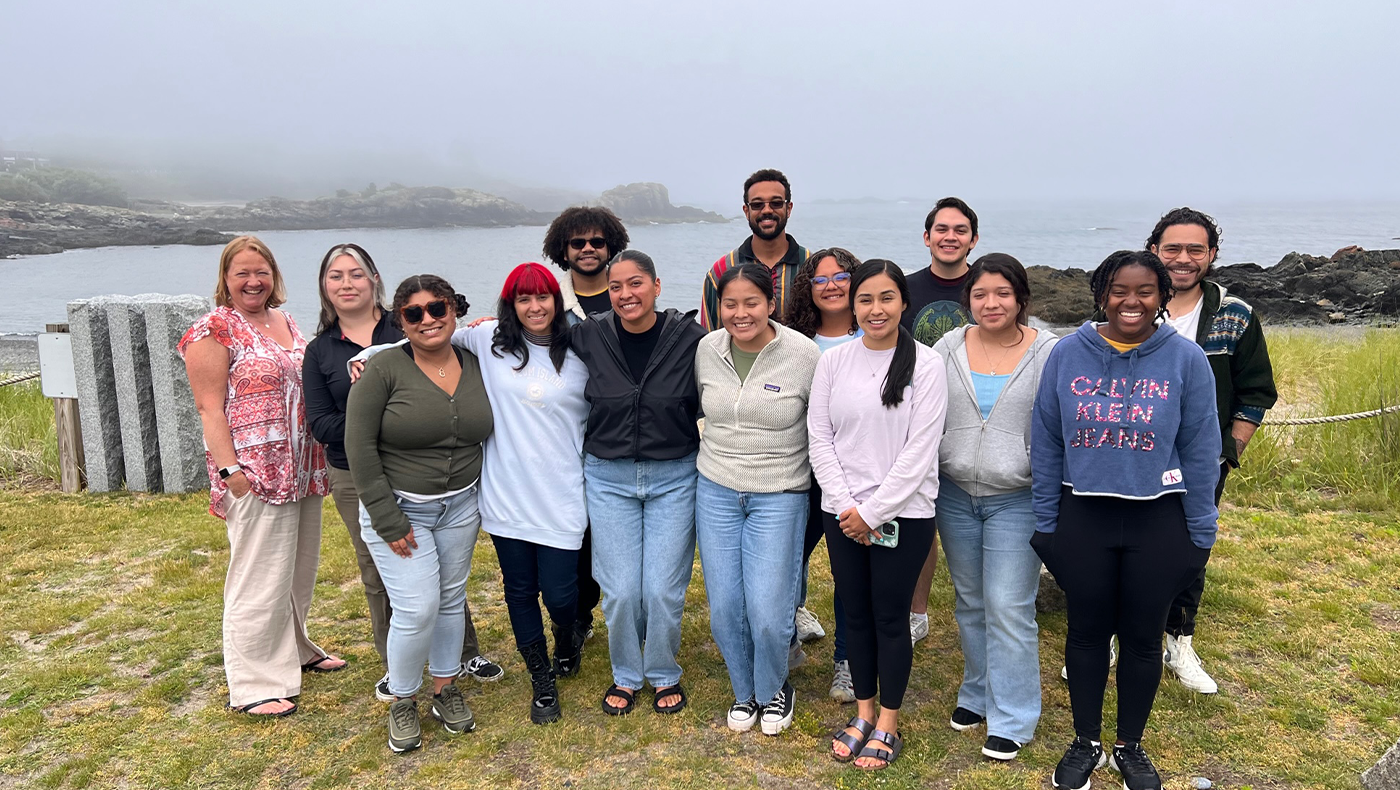
BEACHES program participants meet at Northeastern’s Nahant campus to navigate their paths to graduate school and to science
The BEACHES program, hosted by Northeastern’s Department of Marine and Environmental Sciences, brought an incredible cohort of student researchers to the Nahant Campus last week for an immersive discussion about what their next steps will be. BEACHES (Bridging Each Applicant’s Chances for Higher Ed Success) has been held for several years at Northeastern; after a COVID pause, the program resumed last June with a cohort of 9 students; this year, it grew to 13, with dozens more in the competitive applicant pool. BEACHES is an all-expense paid 3-day boot camp with the goal of demystifying the graduate school application process; the program is supported by the Department of Marine and Environmental Sciences; continued funding for the program was secured from NSF (DEB 2203322) last year by Drs. Jen Bowen and Randall Hughes and through a COS faculty excellence award in EDIJ awarded to Bowen.